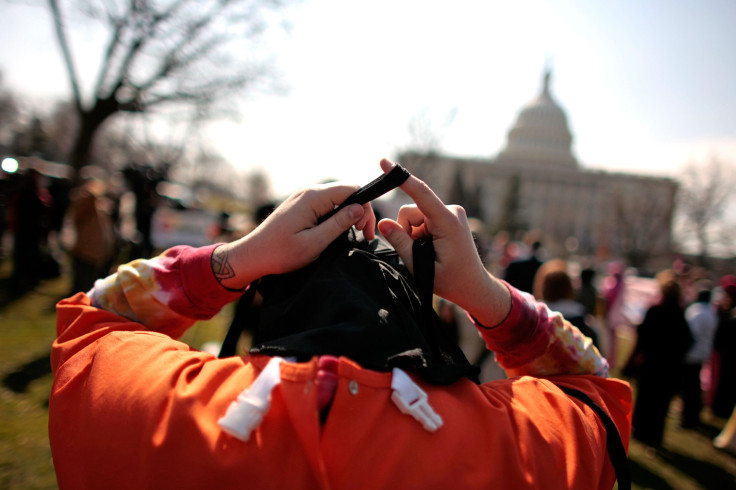Senate 'Torture' Report To Be Published, Following Battle Between CIA, Democratic Party Staffers

A report from a U.S. Senate committee detailing the coercive interrogation practices carried out under the Bush administration, described by some lawmakers as “torture,” is set to be released next week, following a protracted battle between the CIA and committee Democrats over how much information should be disclosed.
An investigation conducted by Bloomberg revealed that staffers working for Sen. Diane Feinstein, chair of the Senate Intelligence Committee, had fought vigorously against the CIA's proposed redactions to the executive summary of the report. The published excerpts of the report will now retain references to countries that hosted so-called CIA “black sites” where detainees held in connection with the Bush administration's “war on terror” were held in legal limbo, and subjected to interrogation techniques that many regard as torture.
In a concession to the CIA, the committee allowed the cover names used by CIA operatives involved in the practices to be redacted from the final report, citing concerns for their safety.
The report's publication comes just weeks before Democrats will cede control of the U.S. Senate to Republicans. The GOP withdrew its support for the inquiry in 2009, saying that the investigation was pointless, as former intelligence officials would refuse to cooperate with any probe that might result in them facing prosecution.
Officials with knowledge of the investigation told Reuters that the report would feature 20 case studies of individual detainees, which illustrate how the agency misrepresented the value of intelligence garnered with controversial interrogation techniques.
In addition, the report has been criticized by lawyers representing the high-value detainees -- including senior members of al-Qaeda -- for declining to interview detainees who were actually tortured, according to a report from the Guardian.
“If you’re conducting a genuine inquiry of a program that tortured people, don’t you begin by talking to the people who were tortured?” said David Nevin, a lawyer who represents Khalid Sheikh Mohammed, who is accused of masterminding the 9/11 attacks. “It seems here, as far as my client is concerned, no effort was made to do that,” he told the paper.
The report is expected to detail the CIA's use of waterboarding, sleep deprivation and other controversial interrogation techniques, and is expected to contain details showing that the programs were more widespread and less effective than many Americans have come to believe, according to The Hill.
Despite the Obama administration's ban on the use of torture in interrogations, the executive has reportedly been considering reaffirming a Bush-era interpretation of a treaty, which bans “cruel, unusual or degrading punishment,” as not being applicable to the CIA or military prisons overseas.
Last month, a U.S. state department legal adviser told the United Nations Committee against Torture that the country “did not always live up to its own values,” in the aftermath of the 9/11 attacks.
© Copyright IBTimes 2025. All rights reserved.






















